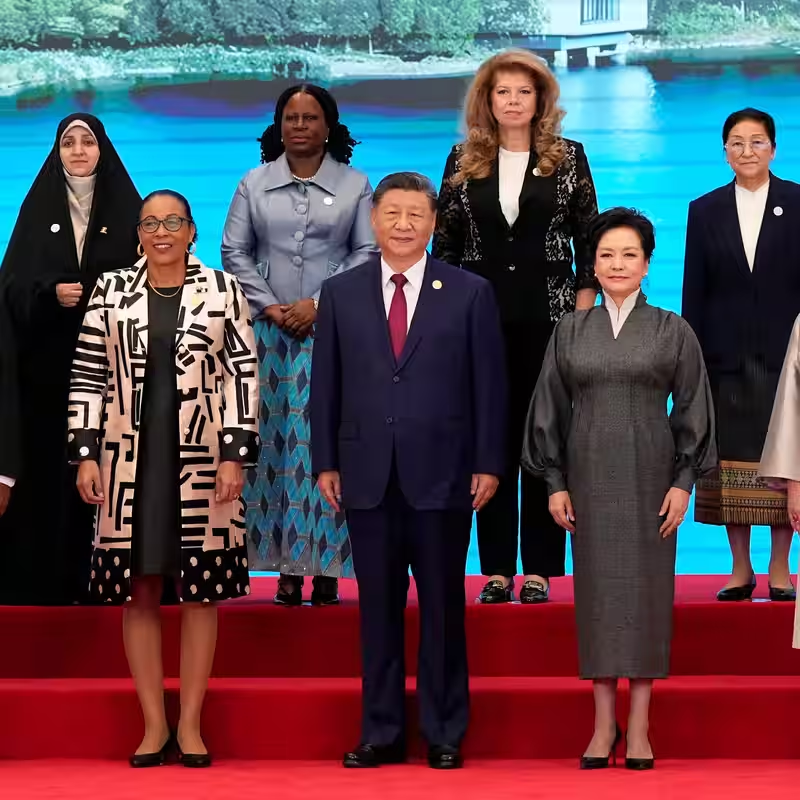Table of Contents
- A Global Stage for Women’s Rights
- The Disappearing Voices of Feminist Activism
- From 1995 to 2025: A Tale of Two Eras
- The Government’s Scripted Celebration
- Sources
A Global Stage for Women’s Rights
On Monday, October 13, 2025, Beijing played host to the 2025 Global Leaders’ Meeting on Women, a high-profile summit marking the 30th anniversary of the historic 1995 United Nations Fourth World Conference on Women—also held in Beijing. Chinese President Xi Jinping stood center stage, flanked by dignitaries and national flags, delivering a rousing speech that praised Chinese women as “protagonists” in the nation’s modernization drive.
“Chinese women in the new era are participating in the entire process of national and social governance with unprecedented confidence and vigor,” Xi declared, echoing Mao Zedong’s famous phrase that women “hold up half the sky.” The summit was framed as a showcase of China’s progress in gender equality, spotlighting achievements in sports, technology, and entrepreneurship.
The Disappearing Voices of Feminist Activism
Yet beneath the polished rhetoric and ceremonial fanfare lies a stark contradiction. While the government touts its support for women’s rights, it has systematically dismantled the very infrastructure that once gave those rights a fighting chance: independent feminist organizations.
Over the past decade, under Xi Jinping’s leadership, China has intensified its crackdown on civil society. Any group operating outside state control—especially those mobilizing around social justice—is viewed as a potential threat. Women’s rights groups, once energized by the 1995 UN conference, have been shuttered, their leaders harassed, detained, or forced into silence.
Recent high-profile cases of gender-based violence—such as the widely publicized 2022 Tangshan restaurant assault—sparked massive online outrage and rare offline protests. These incidents revealed the deep public hunger for systemic change, but also the government’s discomfort with grassroots mobilization.
From 1995 to 2025: A Tale of Two Eras
The 1995 Beijing conference was a watershed moment. It not only brought global attention to women’s issues but also ignited a domestic feminist movement. Independent NGOs, campus groups, and legal aid centers emerged across China, advocating for everything from workplace discrimination to domestic violence protections.
Fast forward to 2025, and that ecosystem is nearly extinct. According to human rights observers and former activists, most feminist collectives have either disbanded or operate in extreme secrecy. Public advocacy is now largely limited to state-sanctioned narratives that emphasize individual success stories over structural reform.
The Government’s Scripted Celebration
At the 2025 summit, the focus remained tightly curated: women as symbols of national progress, not as agents demanding accountability. The event featured panels on innovation and leadership—but none on legal reform, reproductive rights, or the gender pay gap.
Critics argue this is no accident. By controlling the narrative, the Chinese Communist Party reframes feminism as a matter of state benevolence rather than citizen-led demand. As one exiled activist put it: “They want women to shine—but only under their spotlight.”




